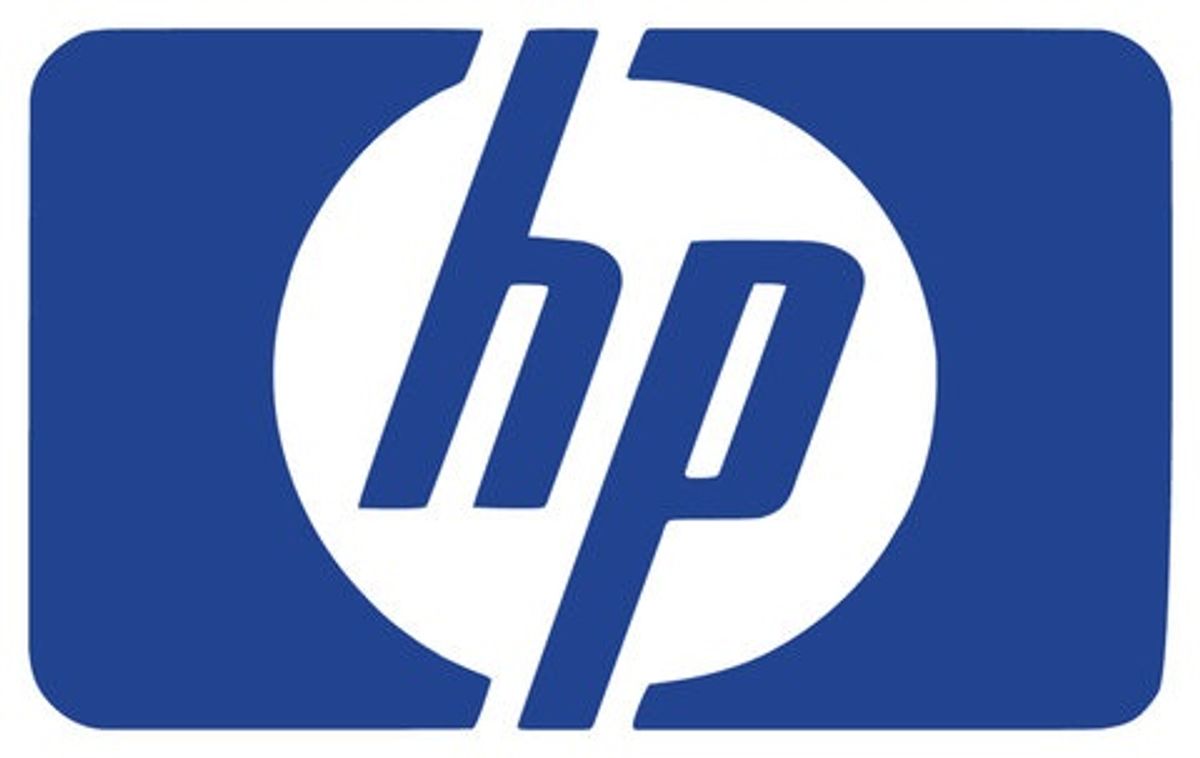You can read HP's plans to sell off its PC business, abandon the WebOS mobile operating system, and purchase a British software firm a number of ways.
One is to say that it reallyis the end of the PC era and that HP is smart to get rid of a low-margin business.
Another is to recognize that HP has gradually been becoming IBM (or maybe Oracle) over the last decade by trying to transform itself into a "software and services" company. Getting rid of PCs, abandoning mobiles and tablets, and buying Autonomy all just make HP look that much more like IBM following the New York company's purchase of PriceWaterhouseCoopers and the spin-off of PCs.
Those both make sense, but a voice in my head was telling me there was something bigger going on. It was the voice of an elderly (but vibrant!) Taiwanese man: It was the voice of TSMC founder Morris Chang.
You see, chairman Chang said something to my colleague Tekla Perry earlier this year that sheds a lot of light on HP's moves. In the middle of the 1970s, Texas Instruments was making a big push into the consumer market (remember the Speak-n-Spell?). And in 1978 Chang was put in charge of it. In hindsight, he says, that was a big mistake:
"I found the consumer business to be very different. The customer set—completely different. The market—completely different. And what you need to get ahead in that business is different, too. In the semiconductor business, it's just technology and costs; in consumer, technology helps, but it's also the appeal to consumers, which is a nebulous thing."
Think about that. HP is getting rid of the "nebulous thing" and keeping the "technology and cost" part. Even HP-haters would probably agree that it can compete on technology and cost.
Now things are starting to make sense.
After purchasing Palm and its WebOS operating system and then making a real effort to make cool tablets, HP seems to have come to the conclusion that it really doesn't know what consumers want.
IBM gladly gave up on consumers years ago when it spun off its PC business to Lenovo, and now HP has basically made the same decision. You could probably say Cisco did the same thing when it spiked Flip Video.
(I'd love to hear from any of you who work[ed] on the consumer side of Cisco or came over to HP from Palm. How's the change of direction affected you?)
When you've got to compete for consumers with the likes of HTC, Samsung, and Apple (for which the "nebulous thing" has turned out rather well) , maybe it makes sense not to divide your attention or your brand.
It may be the "post-PC era." But I think it's also the "post-both-consumer-and-business-focused-technology-conglomerate era."
And that might not be a bad thing for consumers or businesses. It will leave the experts in both areas to their respective expertise.
Hey, the guy who founded the foundry industry was baffled by the consumer market. It's nothing to be ashamed of, HP.
Let us know what you think: Is there a future in catering to both big business (and government) and to the consumer? Any predictions for the next "strategic realignment"? Does, for example, Microsoft make sense?
IBM was able to take its R&D operation and leverage it to deliver very specialized services. It's why IBM can put together a smart grid for Malta, for example, and HP can't. What do you think HP will be able to do with its R&D operation?
Samuel K. Moore is the senior editor at IEEE Spectrum in charge of semiconductors coverage. An IEEE member, he has a bachelor's degree in biomedical engineering from Brown University and a master's degree in journalism from New York University.
